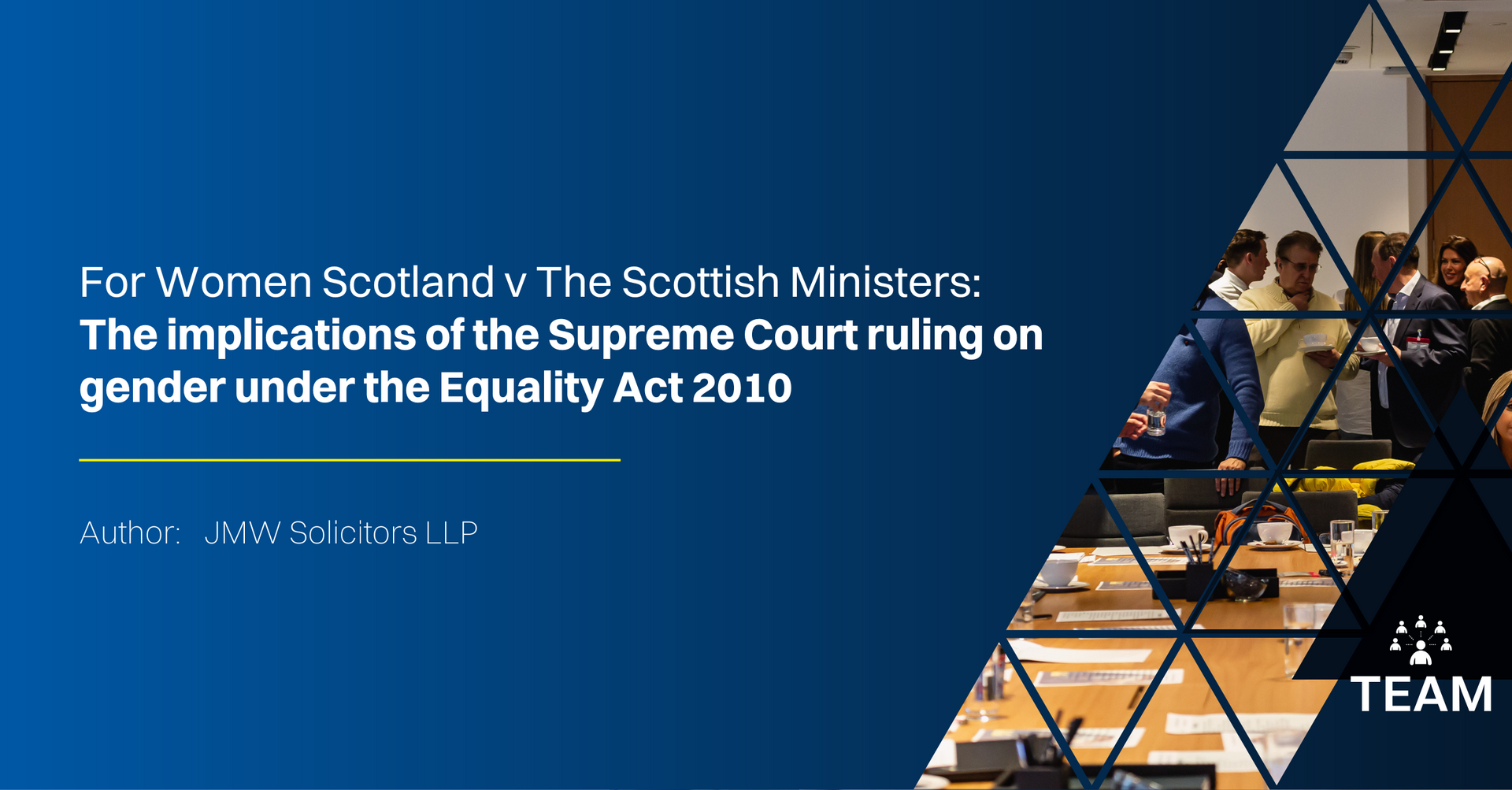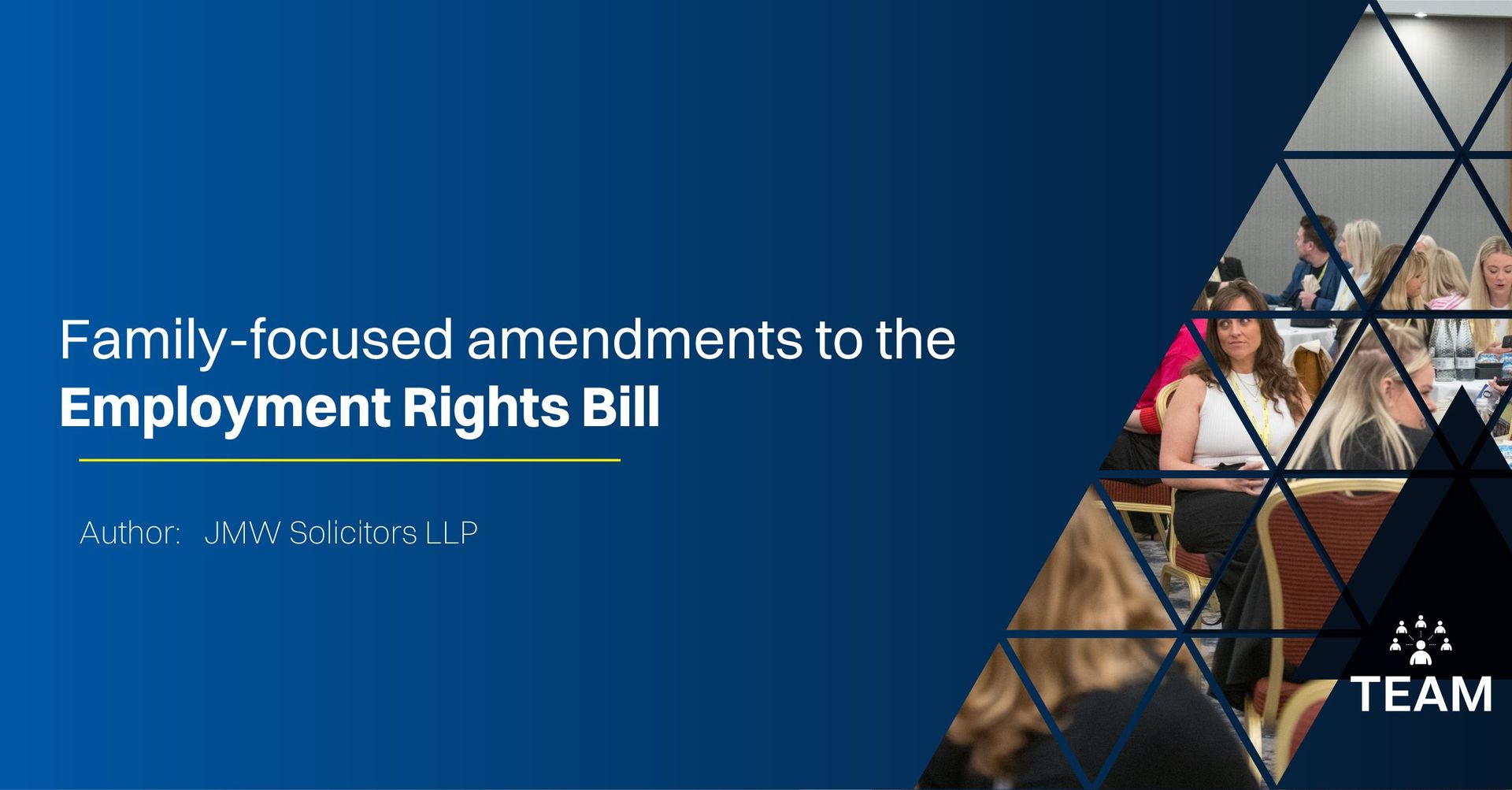You have probably read or at least seen dozens of blogs about returning to the office, remote working and hybrid working. Not very original, is it? Why is this article any different?
Well, as guidance changes and we’re heading towards the end of the year, the rules seem to be hanging in the balance. What does this mean for you as a business owner, specifically a recruitment business owner? What does it mean for your staff, your contractors, and your permanent placements?
Here’s what to consider as we continue to live and work in limbo.
Example Ad #2 (only visible for logged-in visitors)
First of all, think about how you are adjusting to the working arrangement right now. Do you still view it as a temporary change, or have you made it semi-permanent? Even though you and your team have been working from home for at least 18 months, are people still working from the kitchen table, juggling video calls when there are fewer people around and less chance of distractions?
If you haven’t properly adjusted, then make the necessary changes now. The guidance is still to work from home where possible. Does this work for your team? Does it work for your contractors? Let’s take your team first – make sure they have the proper environment to work effectively in; that means the proper kit as well – a supportive office chair, required technology and access to necessary software.
For your contractors, of course, it will depend on who they are working with. Each business will be different and, whilst the contractor may feel they have to conform to the different employer’s guidance, they still have rights. Get an understanding of the relevant employer’s terms so the expectations are set out clearly from day one.
To be realistic, 2022 is not going to see a drastic change. Come 1st January you will not suddenly see people flooding back into their offices. Although that said, face to face meetings, training events, conferences – essentially in-person get togethers are creeping back on the calendar.
Have you been out to many meetings recently? How do you feel about getting back to see people in person? You might be comfortable but how do your colleagues and contractors feel? With the mixed messaging it is certainly enough to make your head spin. Keep checking in with yourself and your peers to see how they feel about face to face meetings.
It is worth setting some guidance of your own about what is acceptable or expected of your team.
Tell me more about 2022
A new year is always a good time to check in with your business goals. What specific, measurable targets are you setting for the coming month, quarter, 12 months and beyond?
If you step away from your computer for a few minutes and spend some time visualising the future of your recruitment business, where do you see it? How do you see the business moving forward? Think about who you need to help with this, what support do you need and what is available, what milestones are on this journey that you need to aim for?
Could 2022 be the year you think about selling your recruitment business? That’s a bigger question to consider but it could be the ideal time for you. Or perhaps the focus is getting your recruitment business into a position it could be sold. What would it take for you to exit the company?
Growth might be on your mind rather than an exit strategy. If this is the case, what should you invest in – is it software, people, training? After all, having the right people in your team who have access to the best tools to reach their potential benefits everybody.
Changing guidance on remote working and even potential lockdowns might be imminent, especially as winter approaches. Hopefully, we will all stay safe and infection rates will not increase as the seasons change. However, it is worth asking yourself the questions raised here to consider how your business would cope with another change and what that could mean for you in 2022.
Service Provider Spotlight
This article has been provided by Nigel Chambers, Sales Director, at TEAM Service Provider – Remus Rewards.
Remus Rewards, a division of People Value Limited is a market leading provider of employee reward and loyalty solutions. They specialise in providing solutions to the contractor market, SME employees rewards, member communities and customer incentives across the UK.












